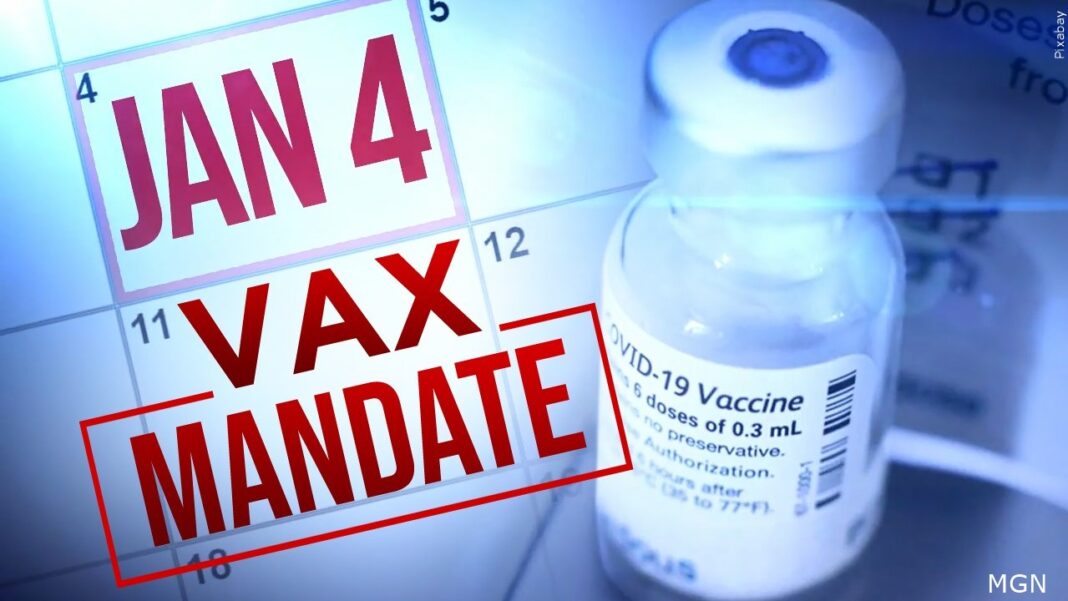Dom DiFurio The Dallas Morning News
New rules issued by OSHA Thursday have legal experts puzzling over how their corporate clients will implement weekly COVID-19 testing for unvaccinated employees by the Biden administration’s Jan. 4 deadline.
The temporary guidelines issued by OSHA require companies with 100 or more employees to vaccinate their workers or test them weekly for COVID-19 if they are unvaccinated and going into shared workspaces.
Employers still aren’t sure whether testing availability is adequate, nor are they clear on how covering costs of regular testing will play out in the coming weeks, according to David Barron, a Texas labor attorney with Cozen O’Connor.
Barron said most companies he’s worked with don’t think there will are enough tests available if even a small percentage of the private workforce begins searching for COVID-19 tests every week.
“That’s going to be a real problem,” he said.
The new rules apply to an estimated 84 million private sector workers. Barron said that even if 10% of private sector workers went unvaccinated, companies would need millions of tests nationwide each week.
As of this week, 64% of Texans ages 12 and older are fully vaccinated, according to Texas Health and Human Services. That figure, of course, includes some Texans who are not of working age.
Part of the Biden administration’s plan, which the White House first announced Sept. 9, included an agreement with major retailers to provide at-home COVID-19 tests at cost for three months. Two months have lapsed since then, and home test kits as well as testing appointments became difficult to find just a month after the announcement was made, according to KTVT-TV.
The OSHA documents released Thursday are nearly 500 pages long, so legal experts and employers will need time to digest all of the rules.
They include a provision that requires unvaccinated employees to cover the cost of their own regular testing. But under the Fair Labor Standards Act, employers would still have to compensate employees for the time it takes to get tested, Dallas employment attorney Rogge Dunn said.
Dunn calls it a “pick your poison” scenario.
Employers can either keep workers remote to avoid the OSHA mandate, bring testing onsite and carry the potential liability of a worker’s comp claim if something goes wrong, or risk productivity loss to offsite testing, Dunn said.
“If you have a lot of employees that are going once a week [offsite] to be tested, I think the law is going to be that you’re going to have to pay them for that time,” Dunn said.
Of course, not all industries are conducive to remote work, and Dunn said most of his clients are “not enamored” with the option of remote working.
Employees who work outdoors will be exempt from the vaccine and testing requirements, Dunn added. He envisions that exemption applying to some workers in fields like construction and oil and gas.





